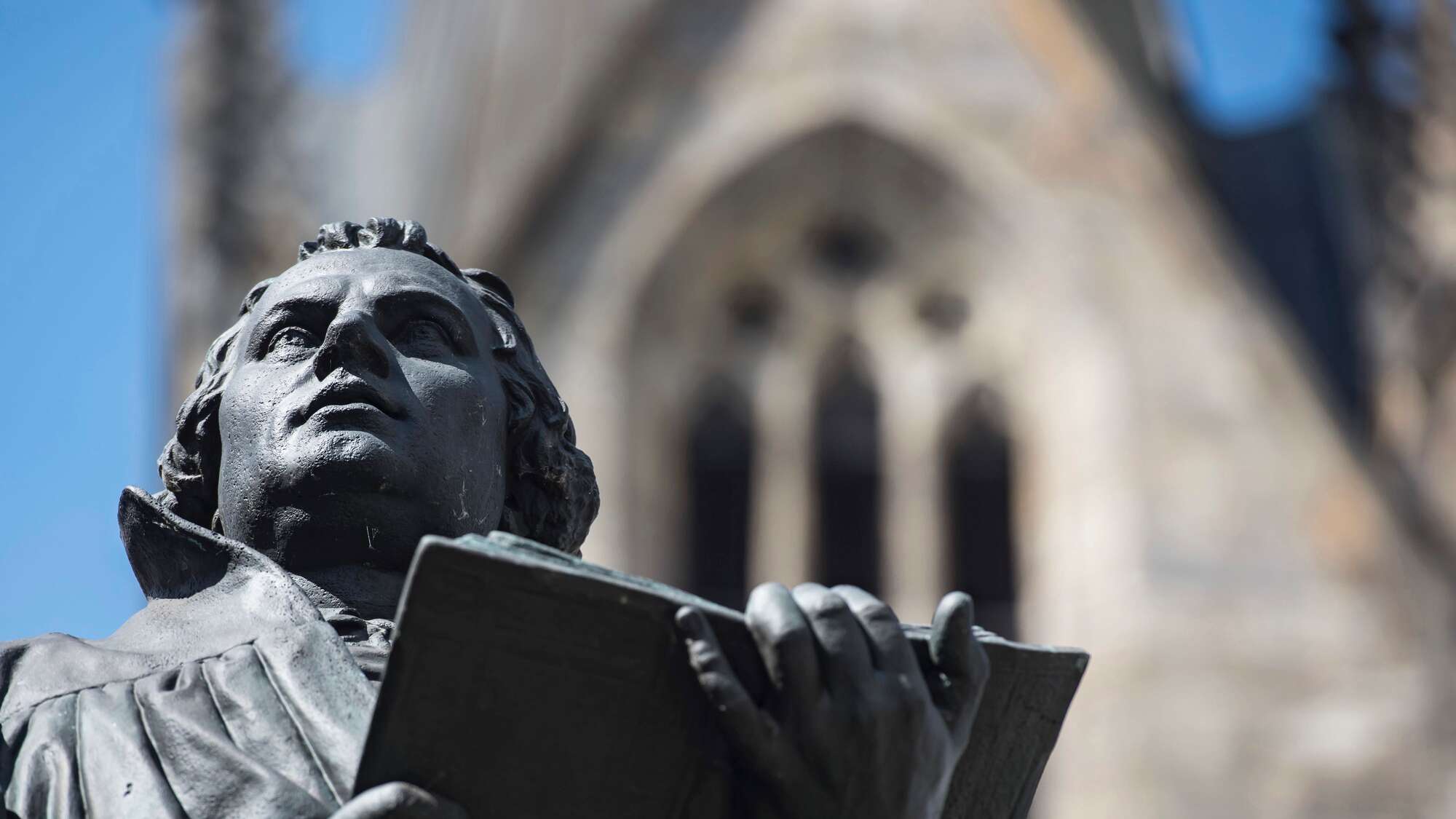Reformation
Roots of the Protestant Church
The 16th century saw the emergence of a religious revival in Europe known as the Reformation. Many theologians turned against different articles of faith and practices in the Catholic Church. The Reformers wanted to renew, that is, reform the church, and not to found a new church. Yet once it got rolling the movement was not to be stopped. In its wake came the division of western Christianity into different denominations.
What were the causes of the Reformation?
The Reformers questioned many beliefs and practices of the church at the time. They particularly criticized the sale of “indulgences”. People had the idea that, after their death, they would have to do penance for their sins in purgatory. By purchasing a letter of indulgence, the believers could, however, gain God’s grace and shorten this punishment. There was a well-known saying: “As soon as the coin in the coffer rings, the soul from purgatory springs!” Using such slogans, indulgence sellers like the Dominican monk Johann Tetzel travelled throughout the country promoting letters of indulgence. In fact, the money was needed to construct St Peter’s Basilica in Rome. It was Tetzel’s sermons that prompted Martin Luther to draft his 95 Theses against the sale of indulgences.
Different Reformations
The Reformation movement was diverse from the start. Besides Martin Luther, the Zürich-based Reformer Ulrich Zwingli was very influential. In the 1540s Geneva, where John Calvin was active, developed into the third centre of the Reformation, with a Europe-wide outreach. There were differing opinions, for example, on the significance of the Lord’s Supper: the theologians argued about whether Christ is really present in the bread or whether the celebration is merely in memory of him.
What were the consequences of the Reformation?
The Reformation spread to large parts of Europe within only 40 years. It sealed the end of the Catholic Church as the only, universal church in western Christendom. At the same time, there was a surge in political tensions between the various regional powers, which led to devastating wars of religion culminating in the Thirty Years War (1618-1648).
For many historians, the Reformation marks the end of the Middle Ages and the beginning of the Modern Age. Calvinism, in particular, emphasised every person’s freedom of conscience and religion, thereby promoting the increasing trend towards individualism. The Reformation had a key impact on the Enlightenment and also on the defining of human rights.
Last but not least, the Reformation gave a powerful boost to popular education. The Reformers wanted every child – regardless of social status – to enjoy elementary schooling in order to be able to read the Bible themselves.
